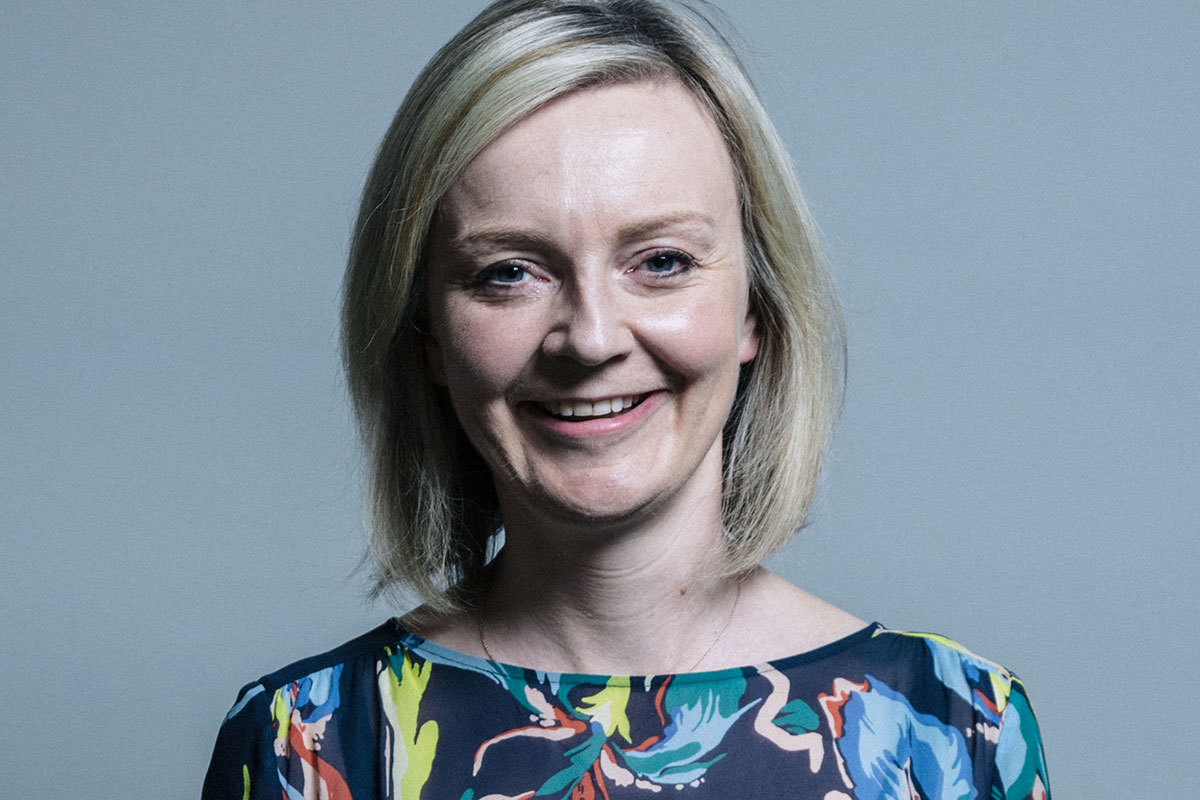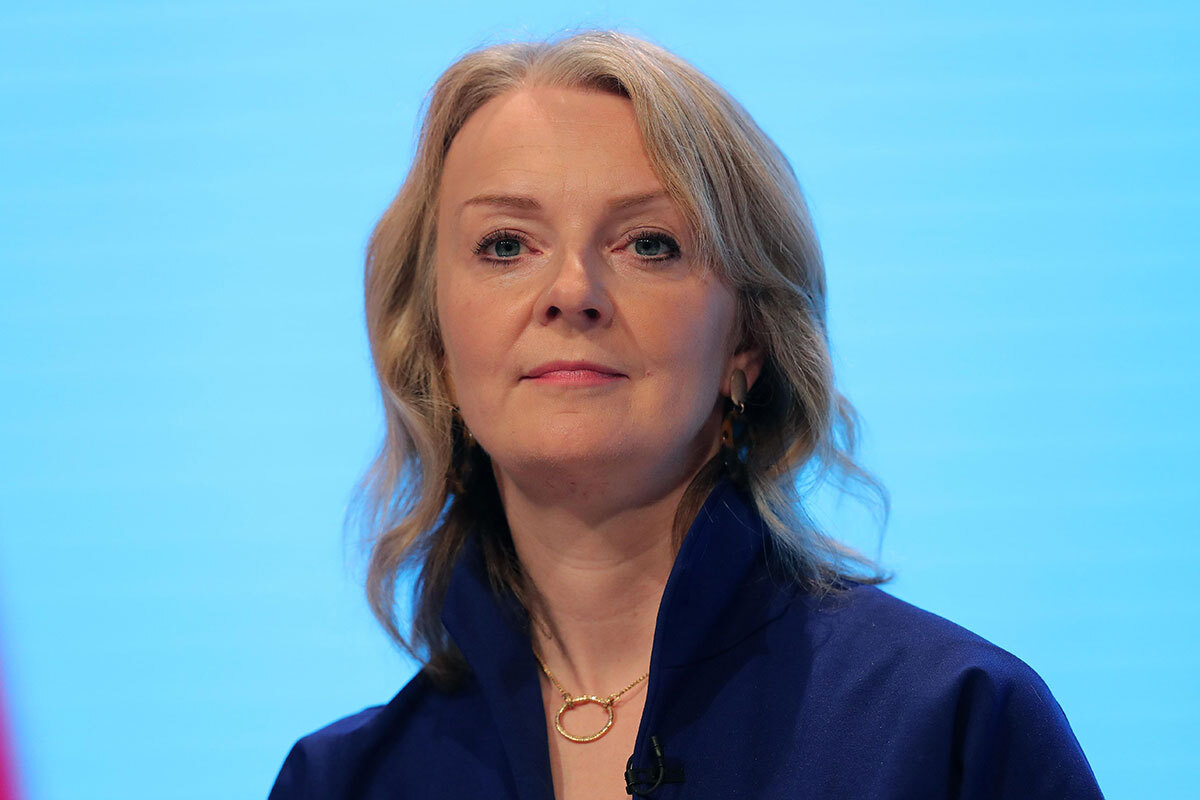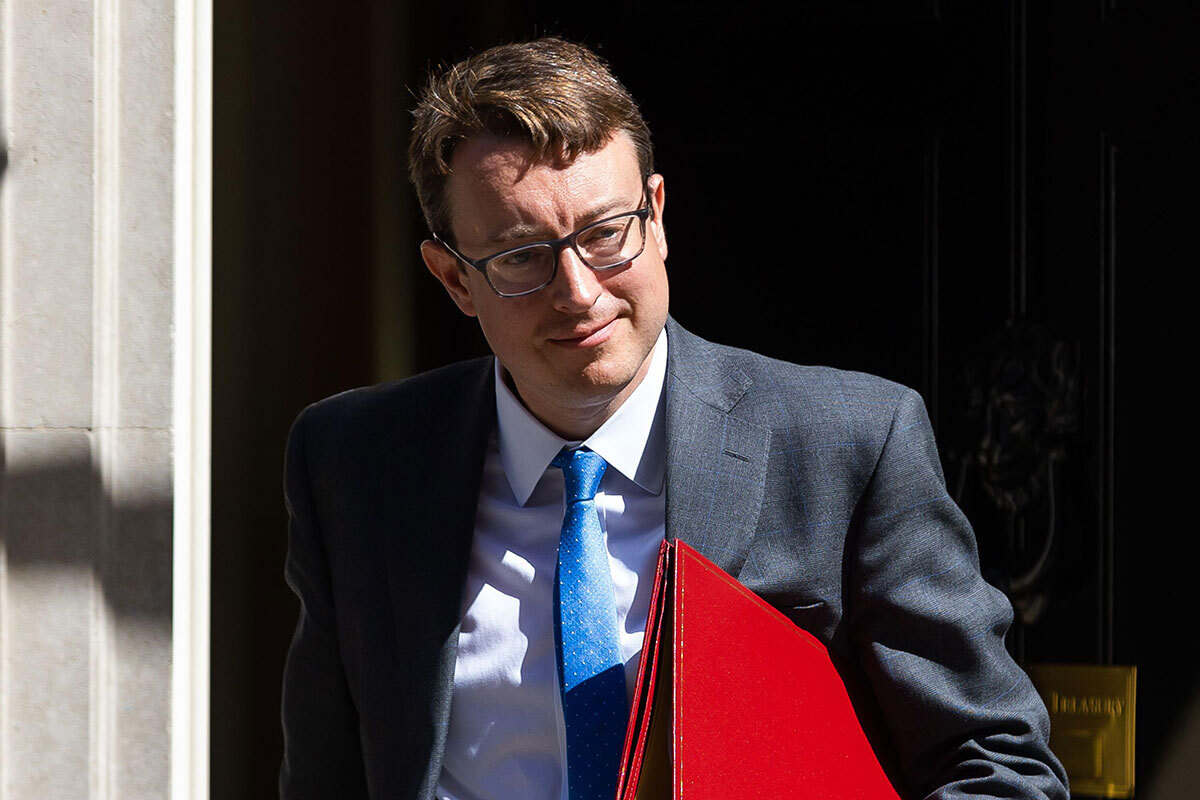What can we expect on housing from new PM Liz Truss?
As Liz Truss takes over as prime minister, it promises to be a busy few months, not least on housing issues. On Ms Truss’ first day in the job, James Wilmore looks at what we can expect from her on housing policy
As expected, Liz Truss has been confirmed as the UK’s new prime minister – the fourth in seven years.
The 47 year-old bagged 57% of valid votes cast among Conservative Party members and will be officially appointed by the Queen today.
But what can we expect from the Oxford-born former foreign secretary, and one-time Liberal Democrat, on housing policy?
Housebuilding target
Ms Truss appears set to bin the government’s long-stated target to be building 300,000 homes a year by the mid-2020s. In a video released on Twitter in July, she vowed to “abolish Soviet top-down housing targets”.
Echoing similar comments in an interview with the Sunday Telegraph in July, she added: “The best way to generate economic growth is bottom up by creating those incentives for investment through the tax system, simplifying regulations.”
For a while, the government appears to have been edging away from this target, but Ms Truss’ premiership could signal its final death-knell. So how would she tackle Britain’s housing crisis?
Planning and levelling up
The UK’s planning laws have long been a source for frustration, particularly for house builders. Previous Conservative prime ministers have attempted to tackle the problem, but largely failed. David Cameron’s efforts fell by the wayside, while ambitious plans under Boris Johnson prompted a fierce backlash from his own MPs, partly due to a “mutant algorithm” on housing need.
Ms Truss appears wary of reigniting such a war. In a hustings event, she said there was an issue with “one size fits all” approaches.
“I don’t want another planning war like we’ve had before,” she said. “It’s very important that we have policies that have local consent.”
Nevertheless, Ms Truss is clearly aware of the continued disgruntlement and will be aiming for some form of shake-up.
“Our current system of planning is too bureaucratic, too slow and too complex,” a campaign source told The Telegraph. “We would reform the planning system and cut red tape that prevents local communities from building the houses they want.”
Ms Truss has also promised to introduce investment zones to boost economic growth. This would reportedly involve selecting areas for redevelopment, which would involve reduced planning restrictions and a lower tax burden to encourage enterprise.
She also told the hustings event that there is a need to “build up more” in cities and allow incremental expansion. The “building up” in cities idea echoed that of a video she released in 2019 on Twitter.
Watch my new video about reviving the British dream of home ownership #homesweethome🏠👇 pic.twitter.com/6kBxDXBKoO
— Liz Truss (@trussliz)Watch my new video about reviving the British dream of home ownership #homesweethome🏠👇 pic.twitter.com/6kBxDXBKoO
— Liz Truss (@trussliz) May 20, 2019
Green belt
Ms Truss has already been called out for her shape-shifting, most notably by Sky’s Kay Burley.
Among the issues Ms Truss has changed her mind on is the green belt – a matter guaranteed to light the touch paper in Conservative circles.
In a 2019 interview, she put forward the idea of building one million homes on the London green belt to help under 40s own their own homes. However, during her leadership campaign, she distanced herself from this view.
In the 2019 interview with the Mail on Sunday, Ms Truss also said: “We should allow villages to expand by four or five houses a year without having to go through the planning system, so people can afford to live locally.”
She has also vowed to transform disused brownfield sites into “full-fat freeports” to boost investment.
Homeownership
One eye-catching idea Ms Truss has posited is the idea of making lenders take into account rent payments when accessing mortgage applicants. She said this would be made part of affordability assessments as part of a government review of the mortgage market.
Net zero
Ms Truss does not appear to have directly talked about the huge decarbonisation effort facing the social housing sector. But she has suggested that her approach may not be as all guns blazing as her predecessor’s.
“I support the net zero objective, but we need to reach net zero in a way that doesn’t harm businesses or consumers… I am very supportive of using gas as a transition fuel,” she said.
What this means for the housing sector remains to be seen.
Nutrient neutrality
Ms Truss has vowed to axe controversial rules on nutrient neutrality that have been blamed on holding up the construction of around 120,000 homes.
The rules mean new residential development can only happen if the nutrient load created through additional wastewater from the development is mitigated by the developer, such as through creating new wetlands.
The rules were introduced after a European Court of Justice ruling in 2018.
But the new prime minister’s campaign said: “We would remove Brussels red tape, such as nutrient neutrality, that has stalled housing projects without delivering on what it is designed to address.”
House builders have welcomed the sentiment from Ms Truss’ camp.
Building safety
Number 10’s new resident has not had much to say on the issue of building safety, as it has not come under her direct policy remit in previous ministerial roles.
However, when replying to a question in the House of Commons in April 2019 about the cladding crisis, Ms Truss said: “We fully expect building owners in the private sector to take action to ensure appropriate safety measures are in place. We have written to all owners to remind them of their responsibilities. In addition, local authorities have the power to complete works and recover costs from private owners of high-rise residential buildings.”
Developers may be hoping for a more business-friendly approach from Ms Truss after former housing secretary Michael Gove’s strident efforts to get developers to pay for the cladding crisis.
But it would be a highly controversial move to row back on the plans, or indeed intervene in post-Grenfell measures in the Social Housing Regulation Bill that are aimed at improving tenants’ rights and treatment.
Sign up for our daily newsletter
Already have an account? Click here to manage your newsletters
Sign up to the Tenant and Resident Engagement Conference
Join us at this leading one-day event designed to help landlords and tenants achieve meaningful engagement following the Social Housing White Paper sector reforms, covering culture change, co-production and how to engage tenants on climate change, building safety, disrepair and more.
There is a free tenant place for every delegate pass booked by a landlord.
To view the agenda and book your delegate pass, click here.













